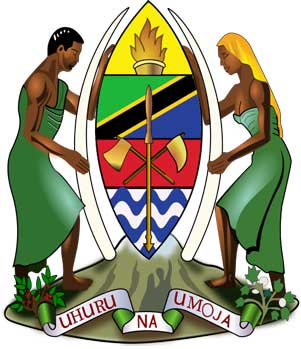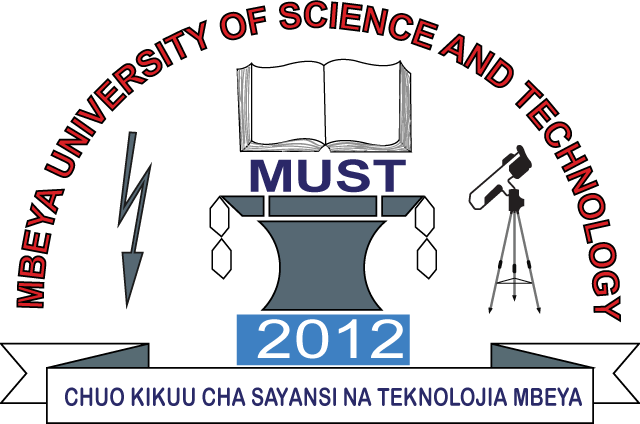
The United Republic Of Tanzania
Ministry of Education, Science and Technology
Mbeya University of Science and Technology
Leading Centre of Excellence for Knowledge, Skills, and Applied Education in Science and Technology


Leading Centre of Excellence for Knowledge, Skills, and Applied Education in Science and Technology

About the Department
The Department of Earth Sciences (ES) began in July 2022 after the transformation from the Department of Natural Sciences. It is situated in the College of Science and Technical Education (CoSTE) at Mbeya University of Science and Technology Main Campus 10 km outside Mbeya city center and about 3 Km from the Mbeya – Tunduma Highway. The road to CoSTE branches from the highway at the Iyunga – TAZARA area.
Academic programmes
The Department of Earth Sciences provide fundamental understanding on the functioning of our planed and are essential to identifying long-term solutions to many issues related to natural resources, natural disaster/hazards, energy and the environmental that the societies are facing. The department plays a crucial role in transferring knowledge and practical skills our students in solving problems and establishing policies for resource management, environmental protection, public health, safety, and welfare as well as the community through outreach activities, applied research and consultancy.
The Department of Earth Sciences offers both short and long courses and is involved in outreach programmes in natural resource conservation, environmental science and biodiversity conservation.
Bachelor of Science in Natural Resource Conservation
A three years programme that is designed to train competent and reliable conservators who are well equipped with diverse job skills to meet the demand in resource management, research and technology transfer.
Entry qualifications/requirements
Entry 1: Form six holders
Two principal passes of at least “D” grade at Advanced Level in Biology, and Chemistry/Geography/Agriculture/Nutrition; In addition, an applicant must have minimum pass of D grade in Biology and Chemistry/Geography/Agriculture and Nutrition at O-Level.
Skills
Career/employment opportunities
Master of Science in Biodiversity conservation
A three years programme that is designed to train competent and reliable conservator who have a critical understanding of biodiversity and the socio-economic, political, cultural and institutional settings within which management and policy decisions are made in research and educational sectors.
Programme Objectives
Entry qualifications/requirement
The entry requirements for the candidates applying for Master of Science in Biodiversity Conservation should possess any Bachelor Degree in Biological Sciences with a GPA of not less than 2.7
OR
Holders of Postgraduate Diploma in Biological Sciences with an average of B or GPA not less than 2.7 Two principal passes of at least “D” grade at Advanced Level in Biology or Chemistry and must have a Certificate of Secondary Education Examination (CSEE) with a pass in Chemistry or Biology and any other two-science subjects.
The entry requirements for the candidates applying for Master of Science in Biodiversity Conservation should possess any Bachelor Degree in Biological Sciences with experiences in Wildlife Management, Forestry, Animal Science, Agriculture General, Zoology, Botany, Biology, Wildlife Science and Conservation, Ecology, Range Management, Environmental sciences, Aquatic sciences and other related.
OR
Holders of Postgraduate Diploma in Biological Sciences with experiences in Wildlife Management, Forestry, Animal Science, Agriculture General, Zoology, Botany, Biology, Wildlife Science 44 and Conservation, Ecology, Range Management, Environmental sciences, Aquatic sciences, and other related
Skills
| SN. | Name | |
|---|---|---|
| 1 | Masters of Biodiversity Conservation | View |